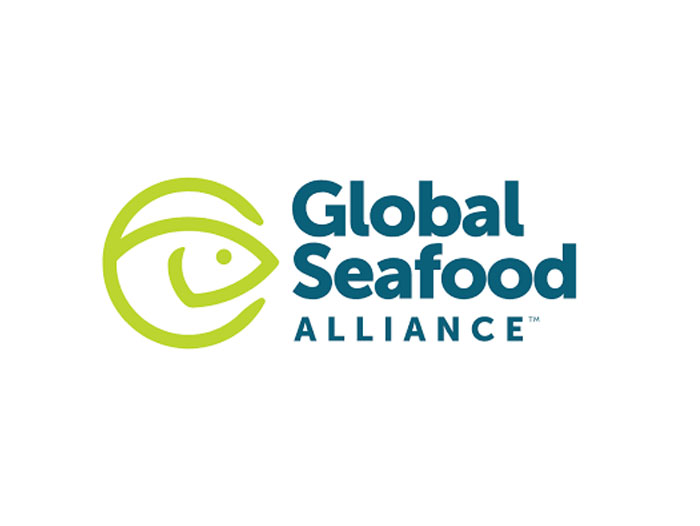GSA Certification Programs Grew 18% in 2023, with 91% Retention Rate
February 28, 2024 | 2 min to read
In 2023, the Global Seafood Alliance saw an 18 percent growth in its third-party certification programs, totaling 3,959 certified facilities across 43 countries, with a retention rate of 91 percent for the Best Aquaculture Practices program. Significant improvements were made, totaling 8,428, enhancing food safety, social accountability, and environmental responsibility. Notable firsts included certifications for sturgeon in Azerbaijan and shrimp processing in Sri Lanka. GSA, established in 1997, remains a leader in promoting responsible seafood practices.

A testament to the industry’s dedication to responsible seafood production and sourcing, the Global Seafood Alliance’s (GSA) third-party certification programs grew 18 percent in 2023, as the year ended with a total of 3,959 certified processing plants (including farmed and wild capture), farms (including fallow), hatcheries and feed mills in 43 countries. The retention rate for the Best Aquaculture Practices (BAP) program was 91 percent.
Of the total 3,959 facilities, 541 are processing plants, 2,905 are farms, 153 are feed mills and 360 are hatcheries. Plants certified to GSA’s Seafood Processing Standard (SPS) reported more than 3 million metric tons of annual production. In addition, GSA ended the year with 32 vessels certified to the Responsible Fishing Vessel Standard.
Producers made many improvements to their operations in 2023 to attain certification to GSA standards. Any non-conformities noted during the audit must be addressed prior to becoming certified. During 2023, processing plants, farms, hatcheries and feed mills made a total of 8,428 improvements, including 2,666 addressing food safety, 2,623 addressing social accountability, 2,307 addressing environmental responsibility, 493 addressing animal health and welfare, and 339 addressing traceability.
It was a year of many firsts for GSA in 2023: The world’s first BAP-certified sturgeon farm (Azerbaijan Fish Farm LLC), Sri Lanka’s first BAP-certified black tiger shrimp processing plant (Srimic Exports Pvt. Ltd.), the first BAP-certified producer in South Africa (SanLei), the first BAP-certified feed mill in Norway (Skretting) and the first BAP-certified facility in Japan (Ainan Fishery Cooperative Association). There were also two companies – Cape Fish and Associated Seafoods – that were the first in South Africa and the UK to attain certification for their wild seafood processing plants.
This year marks 20 years since the first BAP-certified farm, a shrimp farm in Belize, attained certification. Since launching its first standards for farms in 2004, GSA’s portfolio of assurances has grown to cover processing plants for both farmed and wild-capture species, hatcheries, feed mills and fishing vessels.
About Global Seafood Alliance
The Global Seafood Alliance is an international, nonprofit trade association dedicated to advancing responsible seafood practices through education, advocacy and third-party assurances. Through the development of its certification programs, GSA has become the leading provider of assurances for wild and farmed seafood globally. The organization’s work addresses the full spectrum of responsibility, from environmental responsibility and social accountability to food safety. Established in 1997 as the Global Aquaculture Alliance, GSA is headquartered in Portsmouth, N.H., USA. To learn more, visit www.globalseafood.org.
